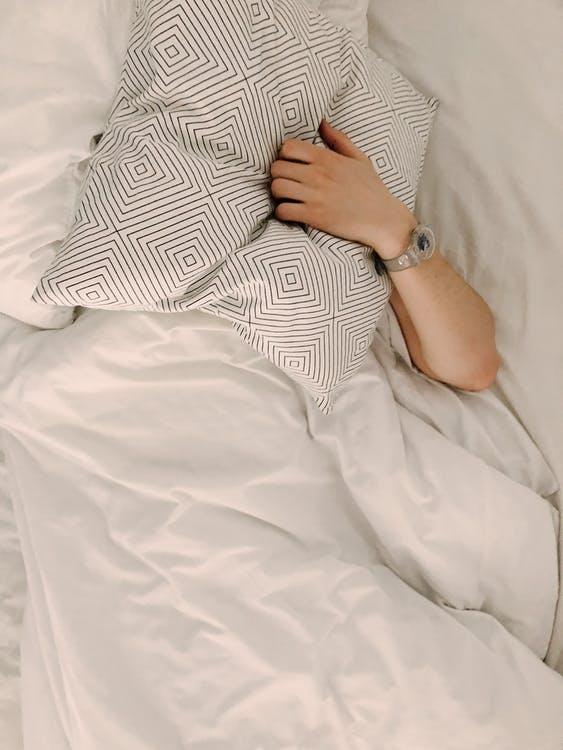
Sleeping soundly is just as important as a healthy diet and regular exercise. Poor snoozing habits can affect your exercise performance, brain function, and hormones. You could even see weight gain or increased risk of disease as a result of restless slumber.
An optimal sleep cycle brings the opposite, from a healthy appetite to more motivation to work out. With the rise of technology and demands on attention, many people's quality of sleep has dramatically decreased.
What is to be done? Just as there are many barriers to a good night's rest, there are options to improving your slumber. We have just a few tips here so you can catch more Zzzs and experience less grief!
1. Try Melatonin Sleep Vitamins
Melatonin is a key hormone needed to help you rest. It alerts your brain that it is time to relax and drift to dreamland. As such, melatonin sleep gummies are a popular way to improve sleep. These gummies improve the quality of your rest and help increase energy the next day with no withdrawal effects.
2. Avoid Late Night Caffeine
When you burn the midnight oil to complete a project, that coffee cup may seem especially enticing. However, caffeine late in the day will stimulate your nervous system and make it harder to relax when you are ready for bed. Caffeine can keep you buzzing for a few hours, so it is best to avoid it in the early evening. If you must have coffee late, try decaffeinated coffee.
3. Cut Back on Naps
Short naps can be beneficial, but irregular or long naps during the day will have you struggling to slumber late at night. Long or irregular naps will throw off your internal clock and make it much harder to sleep at night. Generally, 30-minute naps are great for a brain-boost.
4. Rethink Your Bedroom
Your environment will have a key effect on your sleep patterns. Evaluate your bedroom environment for any inhibitors to your sleep cycle. This may include external lights, noise, or temperature. Try to minimize external light, noise, and artificial lights like the glow of a screen. Your bedroom should be soothing, quiet, and relaxing for a good night's rest.
5. Clear Your Mind
Do you have a pre-sleep routine to help you relax? If not, try creating one. Focus on relaxation techniques like reading a book, meditating, or relaxing music. If you are a planner, lay out what you need for the next day. This may help calm your racing mind as you lay in bed and your to-do list comes flooding in.
To clear your mind, you should also clear your screens. The bright lights of phones, tablets, and more can stimulate your brain and make it harder to sleep. So, try to cut out that hour of scrolling before bed. Put your phone on silence, so a late-night text does not stop your slumber.
Clearing your mind is about finding what routine works for you.
6. Seek Medical Help
Of course, all the tips in the world may not help if you have an underlying health condition at the root of your problems. Sleep apnea can cause you to stop breathing, creating interrupted and inconsistent sleep patterns. Other sleep disorders include sleep movement issues and circadian rhythm sleep/wake disorders.
If this is your case, talk to your doctor. They will be able to prescribe a remedy that works for you.
Conclusion
If sleep has always been a struggle, consult a medical professional and see what else could be interfering. Rest is essential and deserves attention to ensure you get the best slumber possible to tackle the day.
© 2026 ScienceTimes.com All rights reserved. Do not reproduce without permission. The window to the world of Science Times.










